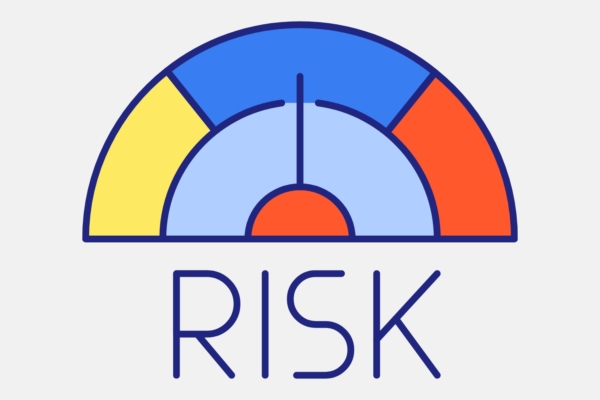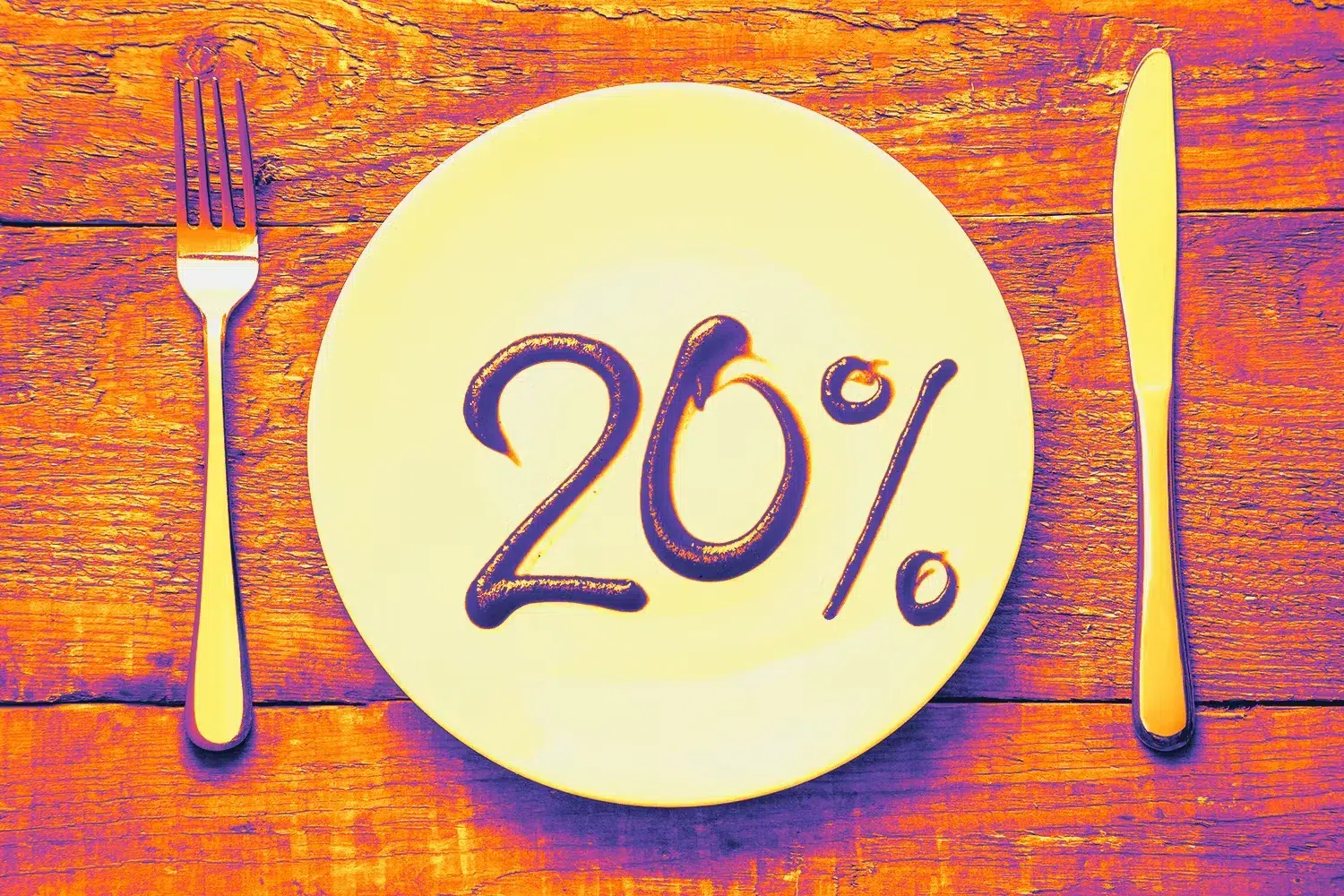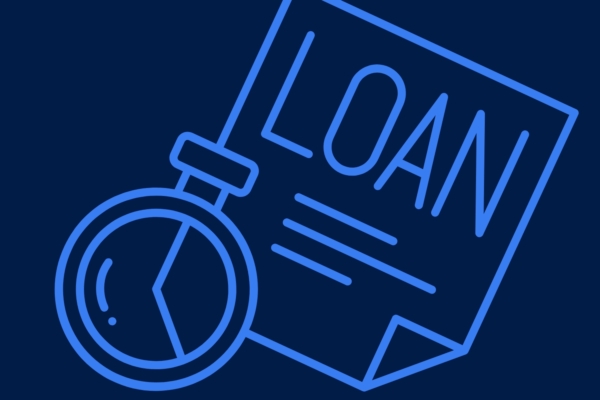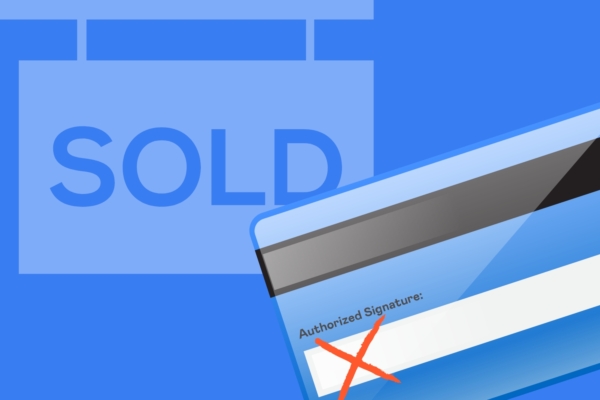
Got 20%? Here's How a Large Down Payment Could Benefit You

According to a 2020 report from the National Association of REALTORS, the median down payment amount for all home buyers was 12% in 2019— 8% lower than it was in 1989. In today’s lending economy, homebuyers can obtain financing with much lower down payments— sometimes as little as 3.5%. This has left many prospective home buyers scratching their heads wondering, “Is 20% really still necessary to purchase a home?”
The truth is, a down payment of 20% is just not necessary! However: if you’re able to, putting down 20% or more has some serious advantages. In this article, we’ll break down how a larger down payment can benefit you now and in the years to come.
Apply Now
Ready to find your next mortgage? Begin your journey with Amplify today!
What is a down payment?
A down payment is the portion of your home’s purchase price that you pay out of pocket when you close on a home. A larger down payment signals to the lender that you’re a less-risky borrower because you’re making a substantial investment into your new home. It’s rare to find a lender that will offer financing with no down payment at all.
How much is a down payment on a house?
Down payments are calculated as a percentage of the purchase price of a home, so there’s no standard amount. If you purchase a home for $200,000 and wish to make a 20% down payment, you’ll pay $40,000 upfront (not including closing costs). The remaining amount— $160,000— will be paid with your mortgage loan. You’ll also pay additional interest over the life of the mortgage.
Your mortgage lender can help you determine the right down payment amount for you and for the type of mortgage loan you’re taking out. There are loans that only require 3.5% down, for instance. Working with a mortgage expert can help you make the best decision for your financial health.
The Advantages of 20 Percent Down
Saving for 20% is no easy task, but if you can swing it, you’ll reap a number of benefits that will save you money in the long run.
1. Boost your chances of approval.
Your dreams of homeownership will stall very quickly if you aren’t approved for your loan. And while a loan approval can be tied to many factors, providing a sufficient down payment can be an important factor. Saving a larger down payment means that you can focus on the other details of your approval.
2. Avoid private mortgage insurance.
If you cannot provide a 20% down payment at the time of purchase, your lender will often require you to pay private mortgage insurance (PMI) until you gain 20% equity in your home. In some cases, you might even have to refinance to drop PMI coverage.
Note that PMI provides added protection for the lender should you default on the loan— it does not benefit you as a homeowner. This extra cost is usually tacked onto your monthly payment, but lenders will sometimes opt to charge a one-time upfront premium.
A down payment of 20% or more eliminates the need for PMI altogether.
3. Enjoy smaller mortgage payments.
The more you pay upfront, the less you’ll have to finance with your loan. A smaller loan means smaller monthly payments, leaving more money in your pocket each month for other needs and savings goals.
4. Pay less interest over the loan.
Remember that your mortgage payment is more than your remaining principal balance. You’ll also pay interest on what you still owe. If you pay down more at the start, there will be less principal to gain interest over time. This can save you thousands of dollars over the life of the loan.
5. Get better terms and better rates.
Lenders require a down payment as a way to lessen their risk when they give borrowers money. Because a higher down payment means even less risk, lenders are typically able to offer those who put 20% or more down better interest rates on their loan. Better terms and interest rates mean more savings for you.
Saving for a Down Payment
If you want to put away a little more money before you purchase a house, here are a few tips to help make saving easier.
- Automate your savings: It can be hard to remember to set aside money each month for your down payment. Make it easy by automating your savings. Most accounts with online banking allow you to set up automatic transfers from your checking account to your savings account on a weekly, biweekly, or monthly basis. Choose an amount that works with your budget and watch your savings grow.
- Pay down other debt first: If you have debt, work on paying that down first. By eliminating other bills, you free up more monthly income that can be stashed away for your home. Focus on eliminating high-interest debt first.
- Take a look at your budget: Write down all of your monthly expenses and income to see where you can save money. After writing down what you spend each month, you may decide that you can go without a few luxuries.
- Downsize for the time being: If you’re able to, downsize while you save up for your home. This might mean moving in with a family member, or a smaller apartment. The money you save on rent for a year or two can go towards your down payment fund.
Saving for a down payment can take some time. It can be extremely helpful to build a financial plan with a budget that will serve as a roadmap for your savings.
If You Don’t Have Enough for a Down Payment
If you are struggling to save any money for a down payment— much less 20%— know that there are options available to you. There are down payment assistance programs out there that provide funds for qualifying lower-income individuals and families purchasing a home. Down payment assistance programs available to Texas residents include:
You can find out more about these and other down payment assistance programs with a quick search online or by contacting your local lender.
Aim for a 20% Down Payment
Saving 20% isn’t always possible, and it’s definitely not required. But saving for a larger down payment has significant advantages. If you can make lifestyle adjustments to save more for your future home, it’s worth it!
Looking for advice on what kind of mortgage you can qualify for, or help deciding how much to save for your down payment? Talk to our real estate team today!
Looking for a local mortgage lender?
Learn more about Amplify’s mortgage products and apply today!



